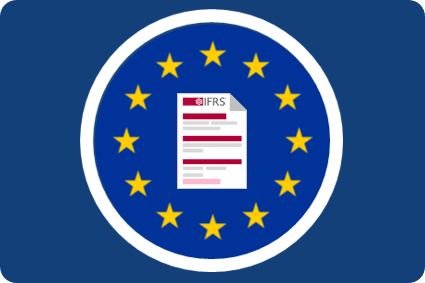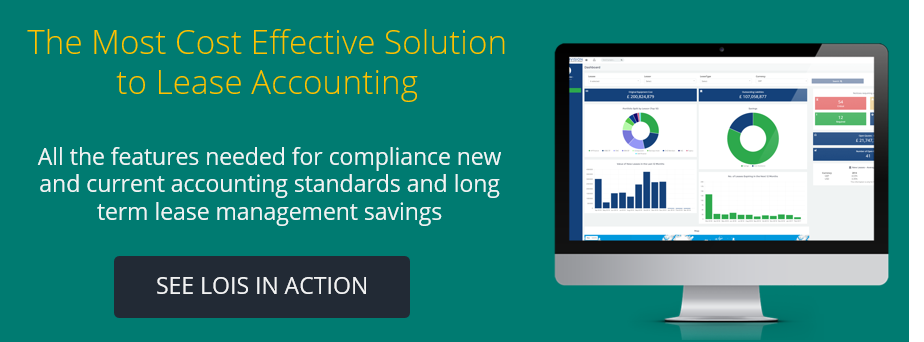IFRS 16 Update: EFRAG issue Preliminary Consultation Document regarding new lease accounting standard
Updated 12th May 2021 | 3 min read Published 13th October 2016

Back in June 2016, the European Financial Reporting Advisory Group (EFRAG) began an assessment review of the suitability of IFRS 16 leases, the IFRS Foundation’s new lease accounting standard.
EFRAG has now issued a Preliminary Consultation Document relating to the endorsement for use in the EU of IFRS 16 Leases. The preliminary assessment suggests IFRS 16 suitability, EFRAG has not yet approved the new lease accounting standard and is asking for constituent views regarding some specific issues.
See more: Why lease accounting is changing?
See more: What is IFRS 16 Leases? New lease accounting standard summary
IFRS 16 replaces IAS 17 and asks lessees to recognise, on balance sheet the assets and liabilities that arise from operating leases. As one of the biggest changes to lease accounting in 30 years, The European Commission felt it important to review and approve the IFRS 16 changes to lease accounting as part of the implementation process for its conduciveness to the European public good.
EFRAG initial assessment has concluded that IFRS 16:
-
meets the qualitative characteristics of relevance, reliability, comparability and understandability required to support economic decisions and the assessment of stewardship, and raises no issues regarding prudent accounting;
-
is not contrary to the true and fair view principle;
-
would improve financial reporting, compared to the standard and the interpretations it replaces; and
-
would not put European entities at a competitive disadvantage taking into account the lack of convergence with the equivalent US GAAP Standard
However, EFRAG has not yet reached a conclusion on whether IFRS 16 lease accounting changes would reach an acceptable cost-benefit trade-off. They will be conducting a further assessment into this as well as, the impact of IFRS 16 on SMEs, outreach with users of financial statements and reviewing the economic study it has commissioned on the effect analysis of IFRS 16.
The next stage in determining if IFRS 16 is conducive to European Public Good is to involve European constituents to provide feedback on matters that may be relevant to this initial feedback advice. The deadline for comments is 8th December 2016.
More on EFRAG’s Preliminary Consultation Document and their updated Endorsement Status Report may be found here.
Initial assessment is critical in determining the cost-effectiveness of transitioning to IFRS 16. Companies that are anticipating an impact are well advised to begin collecting their leases in order to run assessment scenarios and determine how their financial statements will be impacted.
There are numerous choices involved in adopting IFRS 16, particularly in the first year of implementation. With exemption opportunities, transition reliefs to reduce costs and challenges to the definition of a lease as opposed to non-lease components, it is important for organisations to gain a clear understanding of the impact of each option, allowing them to pick the most efficient and cost-effective method for their company needs.
See more: The importance of IFRS 16 impact assessments
Innervision’s lease accounting software contains impact reporting features that allow you to visualise a comparison between IAS 17 and IFRS 16, highlighting the impacts the new accounting standard for leases will have on your financial statements. With this information, you can develop your preparation strategy and take the relevant measures required to assure stakeholders, investors and covenant holders of the impact introducing operating leases onto balance sheet will have on your business.
Alternatively, you can call Innervision’s leasing experts and see how our specialised lease management services and software can help you comply with IFRS 16: +44 (0) 20 7283 9422


